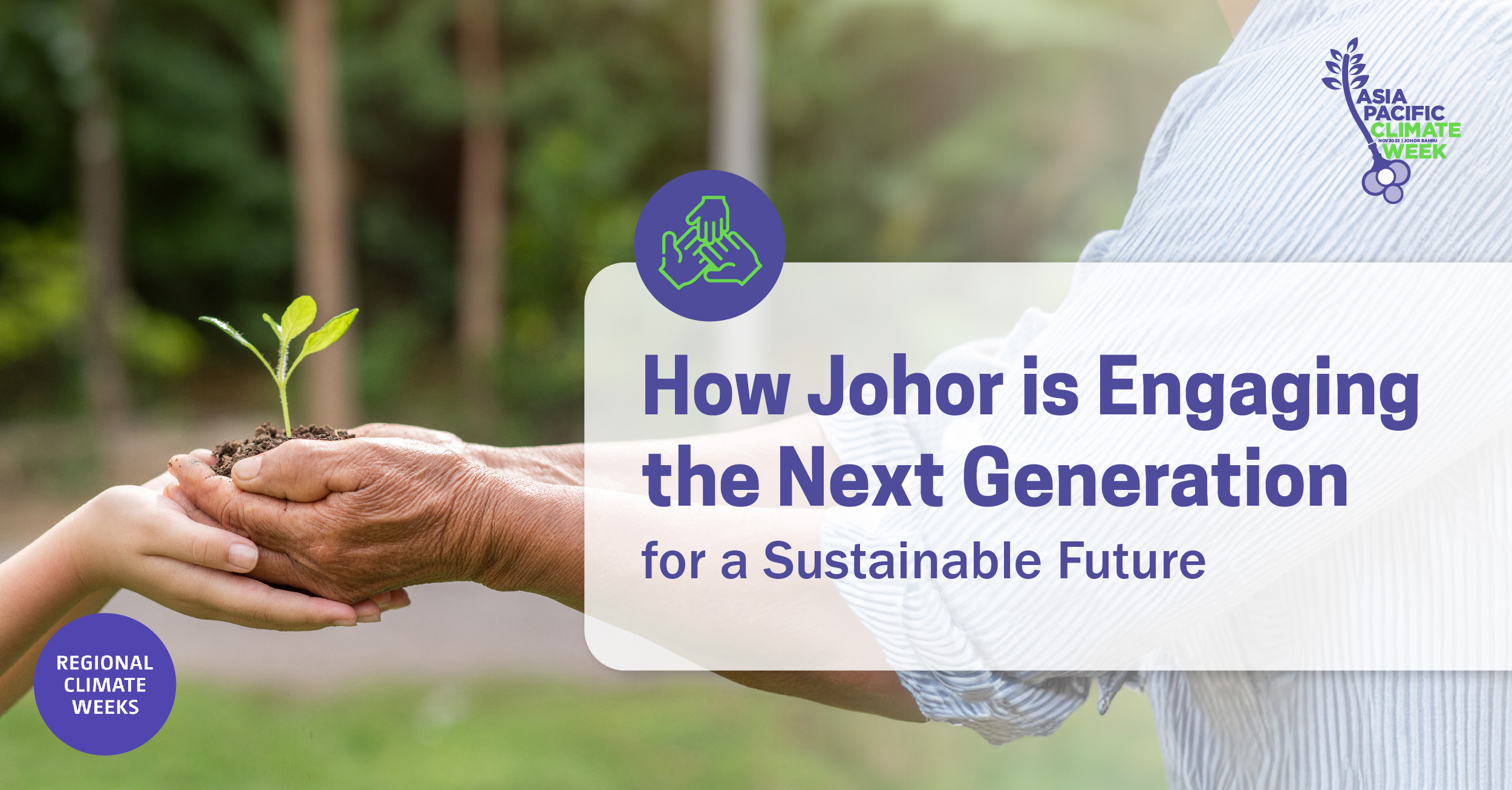
Children and young people are the future. As the ones who will inherit the planet, it is important for them to have the knowledge and values necessary to protect the environment around them. When instilled early on, an understanding of sustainability and environmental education can foster habits and values that remain with them as they grow, empowering them to be at the forefront of climate action.
As one of the most industrialised cities in Malaysia, Johor’s transition to a greener future is critical to ensure that future generations get to enjoy the same, if not better, benefits as the current population. Here’s how the state is involving its younger generation in environmental education and climate action:
Recycling projects through KitaRecycle
KitaRecycle is a recycling programme run by SWM Environment, the state’s solid waste management company. The programme offers a variety of recycling activities, amongst which includes initiatives in schools in Johor.
Last year, KitaRecycle launched a competition called “Jom Kitar Semula Botol Kaca” (Let’s Recycle Glass Bottles), which garnered the participation of over 30 primary schools in Johor, collecting over 24 tonnes of glass bottles. This collection drive was made possible through students participating in beach cleanups, collecting used glass bottles from island resorts and food and beverage stalls, as well as collaborating with other non-governmental organisations.
Such recycling endeavours are important because it teaches students how to think about the environmental and social impact of their choices. It also teaches them how to be more resourceful and reduce their waste.
Research and learning opportunities through UTM
Universiti Teknologi Malaysia (UTM) is a public university in Johor that is committed to promoting sustainability and environmental protection. This year, the university was ranked #1 out of 812 global institutions for Sustainable Development Goal (SDG) 7: Affordable and Clean Energy in the 2023 Times Higher Education (THE) Impact Rankings.
This achievement largely stems from UTM’s actions to integrate renewable energy infrastructure to its campus, installing solar panels that supply clean energy to meet the university’s operational demands. More expansively, these installations also serve as living laboratories for research and learning, allowing students to engage with and study these systems firsthand.
Offering students practical research and learning experiences is critical as the world transitions away from fossil fuels and renewable energy becomes increasingly important in meeting our energy needs. Knowledge of these infrastructures will ensure that students are well-positioned to take advantage of the job opportunities being created in this rapidly growing field, while equipping them to make informed decisions about the future of our energy system.
Community initiatives with Kelab Alami
Kelab Alami is a community-based organisation in Johor that is dedicated to environmental education and protection. The organisation was launched in 2008 as an education club for children of fishing families. Presently, Kelab Alami works to promote awareness of environmental issues, educating the public about sustainable practices and supporting community-led environmental projects.
Among the programmes offered by Kelab Alami for children and students are those covering topics and activities such as biodiversity and mangrove rescue and replanting. Teaching children about these topics can help them to understand the importance of protecting our ecosystems and how they can contribute to climate change mitigation and adaptation. It also allows young people to participate in environmental projects and experience hands-on learning, fostering a deeper connection to the environment and empowering them to take proactive steps in its preservation.
Johor’s proactive approach towards a sustainable future emphasises the importance of involving its younger generation. By integrating community, infrastructural, and educational initiatives centred on sustainability, the state ensures that environmental consciousness becomes a part of its development narrative while instilling values and habits into its youth. It is this foresight that will pave the way for a greener future and ensure a planet that thrives for all future generations.
For more information, follow us on Facebook, Instagram, X, or LinkedIn.